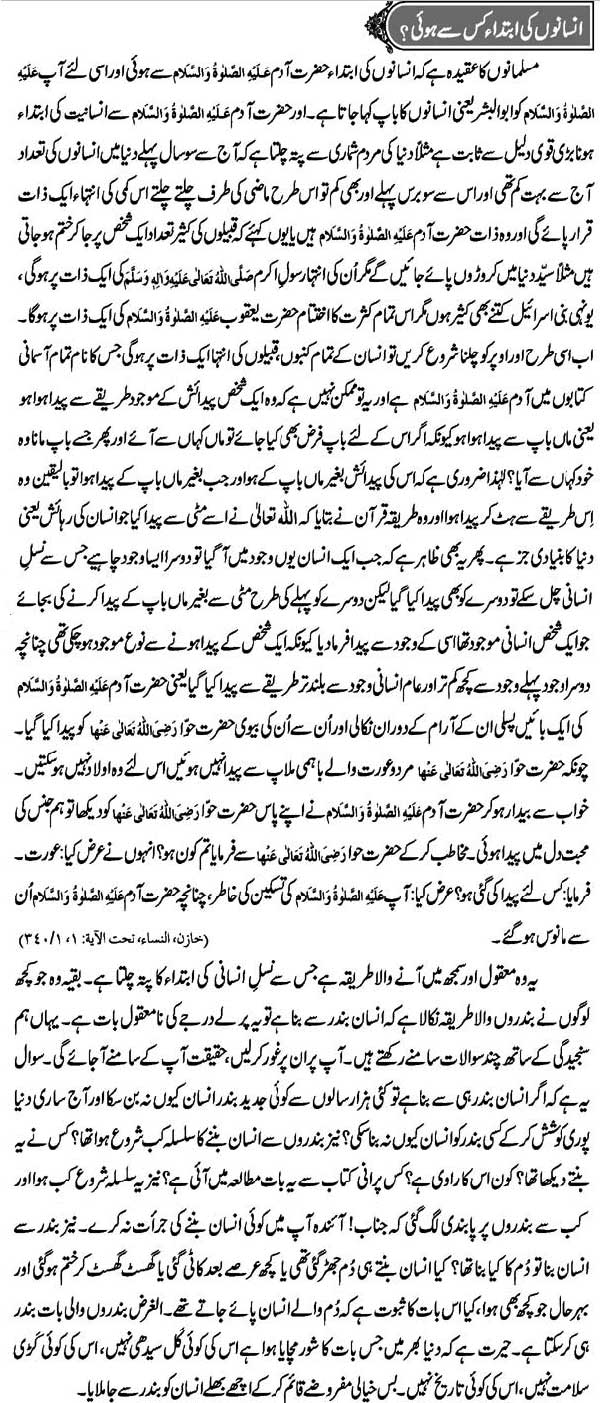The first few years of the Prophet’s life saw him suffering repeated loss of his immediate relatives and carers. His father died when he was on a journey, perhaps unaware that his wife was pregnant. He stayed most of the first four or five years of his life with his wet nurse, Haleemah, in a desert encampment. It was a tradition among the top families in Makkah that they gave their newborn children to be nursed by women in the desert, believing that there the children would grow up stronger. Perhaps Makkah suffered attacks of infectious diseases, and keeping the children away gave them a better chance of survival. However, Haleemah and her family felt that Muhammad (peace be upon him) brought them some subtle blessing. Therefore, she was keen to keep him with her as long as possible. Hence she persuaded Aminah, his mother, to leave him with her. This was agreed, and Haleemah only returned the young Muhammad to his mother when he was five years of age. Only a year later, Muhammad lost his mother. He was then cared for by his grandfather, Abd Al-Muttalib, who was the most distinguished figure in Makkah and by now a very old man. Two years later Abd Al-Muttalib died and Muhammad moved home again, going now to his uncle, Abu Talib.
Abu Talib loved his orphan nephew, Muhammad, as one of his own children. There was about him an air of serenity and quiet acceptance of what life might present. Hence, he was dear to all around him, particularly his aunts. Yet Abu Talib and his family were the closest to his heart, because of the care he received in his uncle’s home. We see him, as he became a young man, talking to another uncle of his, Al-Abbas, during a time of hardship when all things were scarce in Makkah, saying: “You see how things are in the city, with people finding it hard to make ends meet. Your brother, Abu Talib is a poor man, and he has a large family. We better do something to help him. How about the two of us taking one of his children each to look after?” They went to Abu Talib with their proposal. Al-Abbas took Jaafar, and the Prophet took Ali. This was long before the start of Muhammad’s prophethood. The two young lads thus found good homes where they were welcome, and their father’s burden was significantly lightened.
His close relationship with his uncle, Abu Talib, continued for the rest of the latter’s life. The Prophet would have dearly loved that Abu Talib should accept Islam, but this was not to be. However, Abu Talib continued to extend his care and protection to his nephew against all opposition by his tribe, the Quraysh. Moreover, the Prophet continued to give Fatimah bint Asad, Abu Talib’s wife, a special position of favor in his heart. He acknowledged her favor and unwavering care when he was a child. As he grew up, he always showed her dutiful respect and often favored her with generous gifts, according to his means.
Abu Talib died three years before the Prophet’s emigration to Madinah. Fatimah bint Asad followed the Prophet to Madinah sometime after he had settled there. The Prophet was so delighted with her arrival, welcoming her as one of his closest relatives. It was with deep grief that he later received the news of her death. He prayed God to give her a high position in heaven. He gave instructions to those who were preparing her body for burial to use his own garment to wrap her with. When her grave was ready, he went in first and lied where she was to be placed, praying that angels would attend her there. His companions looked at him, wondering why he did that when he never did it with any other funeral. They saw him praying for her forgiveness, with his eyes tearful. He said to them: “Next to Abu Talib, she was the one who took best care of me when I was young.”
Another person who earned the Prophet’s gratitude was Thuwaybah, a slave woman owned by his uncle Abu Lahab. She breast-fed him in his early days of life, before he was given to Haleemah. Thus, she nursed him for a few weeks after his birth. The Prophet cared well for her, inquiring after her when he was in Makkah. When he got married, his wife Khadeejah was very hospitable to her. Then at one point, Khadeejah approached Abu Lahab, proposing to buy Thuwaybah so that she might set her free. Abu Lahab would hear nothing of the sort. Abu Lahab, who stubbornly opposed the Islamic message and took a hostile attitude to the Prophet, could not countenance the prospect of Muhammad being seen in Makkah in such a light, showing a great favor to the slave woman who nursed him in his early days. Yet, when the Prophet immigrated to Madinah, Abu Lahab himself set Thuwaybah free. Therefore, the Prophet used to send her money and clothes whenever he could. He learnt of her death in year seven after his settlement in Madinah. When the news was brought to him, he asked about her son, Masrooh. He was informed that he died earlier, and that she had no other relatives.
While those we have mentioned had special positions with the Prophet because they looked after him when he was young, the Prophet was very kind to all his relatives. He respected his uncles, loved his aunts and was kind and friendly with all. He would visit anyone of them who was ill, praying for their recovery. Needless to say, that was the best thing such an ill person could hope for, because the Prophet’s prayers were always answered. He urged them all to do good works so that they would enter heaven on merit. He advised them that their relation with him would not benefit them unless they worked for their own salvation. Some of them opposed his message and took a hostile attitude. This was very painful to him. However, when they changed their attitude and accepted Islam, the Prophet received them with open arms, praying for their forgiveness.





